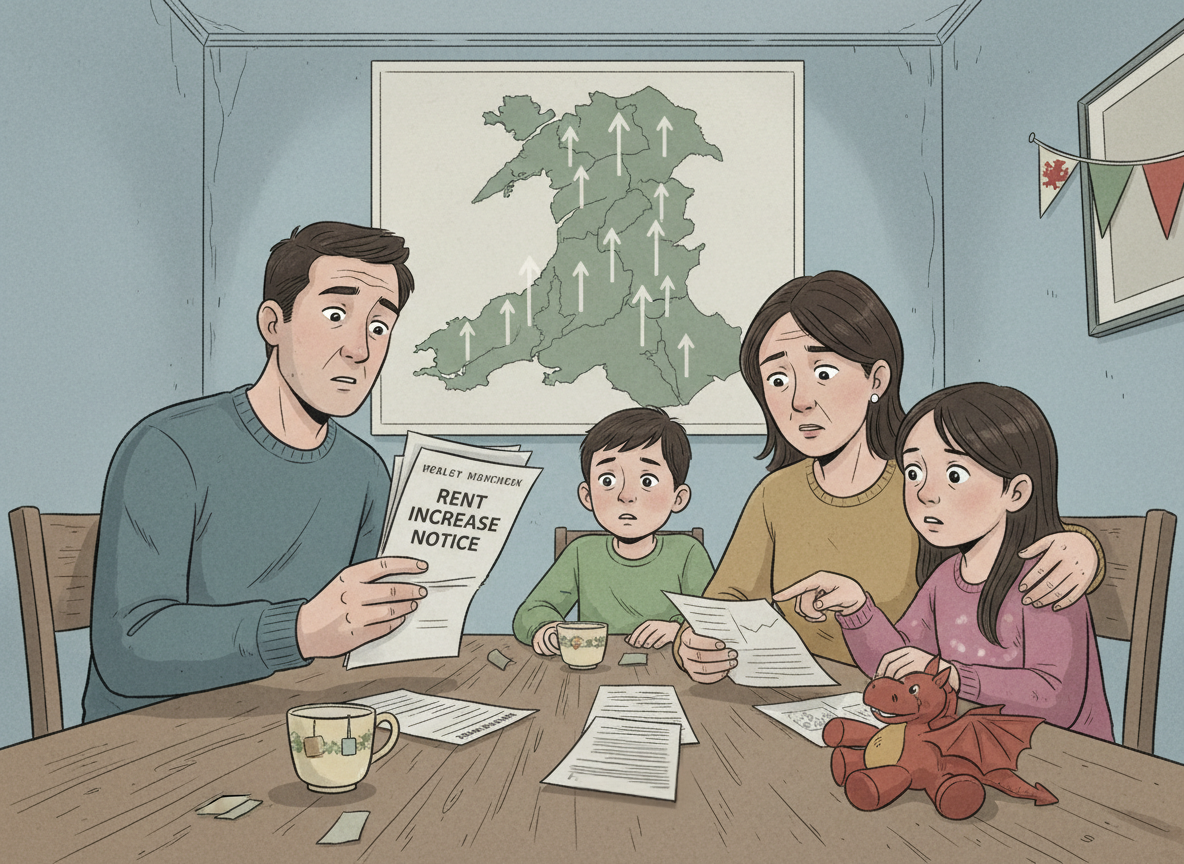Scottish Homebuilders Warn Proposed Levy Could Worsen Housing Shortage

Leading housebuilders have raised serious concerns that Scottish Government policies, including the proposed Scottish Building Safety Levy (SBSL), are actively reducing the number of new homes being built, exacerbating the country’s ongoing housing shortage.
Miller Homes, one of Scotland’s largest developers, told Holyrood’s Finance and Public Administration Committee that it has already scaled back construction in Scotland. The company’s output has fallen from roughly 25% of its UK total in 2019 to well under 14% today. Julie Jackson, General Counsel and Company Secretary at Miller Homes, highlighted that margins on many sites, particularly in the west, are extremely tight. She warned that the proposed levy could “tip more sites over the edge,” making them financially unviable.
“It is not a question of unwillingness to grow in Scotland,” said Jackson. “We are a Scottish company headquartered here, and we want to invest and grow. But current numbers show we are moving backwards.”
Jackson explained that the viability of new housing developments is determined by local sale prices minus construction, land, and preparation costs, along with council contributions for schools and affordable housing. Adding a new levy could reduce land values to zero, discouraging landowners from selling and further limiting housing supply.
The committee also heard from Homes for Scotland (HFS), which represents most major developers. HFS argued that government estimates of the new-build market size are overstated. While ministers forecast a market worth £4.6 billion, Registers of Scotland data suggests it is closer to £3.2 billion. Fionna Kell, HFS Director of Policy, said:
“Without accurate modelling, it is impossible to make informed policy decisions. Relying on estimates of estimates, eight years on, is a significant concern.”
Natasha Douglas, Land and Planning Director at Bancon Homes, added that a levy of £3,000 per home could reduce profit margins by 17–20%, restricting firms’ ability to hire staff and expand, despite never developing unsafe buildings. “It feels severely unfair to be penalised for issues we did not create,” she said, highlighting concerns about the levy’s impact on business growth.
Developers questioned why other parties involved in historic construction, including contractors and cladding suppliers, are not contributing to remediation efforts. They argued that the levy runs counter to the government’s stated ambition of increasing housing supply by 10% year-on-year to tackle Scotland’s housing crisis.
Kell emphasized the contradiction:
“On one hand, the government aims to increase housing starts and completions. On the other, this levy threatens to reduce the number of new homes built. These policies are directly at odds with Scotland’s urgent need for affordable housing.”
The warnings from Miller Homes, Bancon Homes, and HFS underscore the risks of implementing additional levies without fully considering their impact on the Scottish housing market. Industry experts argue that careful policy planning is crucial to ensure sustainable growth, protect jobs, and meet Scotland’s pressing housing needs.

